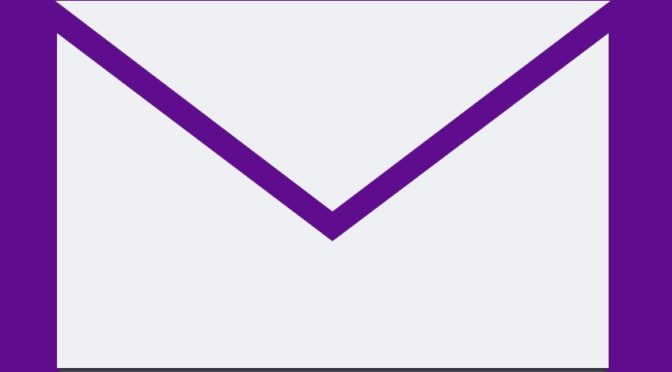At this point just who wasn’t reading or had access to your Yahoo email?
Reuters is reporting that the company developed a program that allowed it to search “ALL” incoming emails that users received. The custom program would look for specific queries that were selected by U.S. intelligence officials.
Trust is not something that is easily gained, and it’s something that is even harder to earned back. Yahoo has done quite a bit lately to damage that user trust and this latest news does not help the company.
Yahoo CEO Marissa Mayer stated that “We’ve worked hard over the years to earn our users’ trust and we fight hard to preserve it.” This is all well and good, but when the company subverts the trust of it users by creating a special program to spy on them, it does not at all look good.
The scanning of emails began last spring and has been confirmed by former employees of the company. CEO Marissa Mayer and Yahoo General Counsel Ron Bell made the call for company engineers to create this surveillance program. The problem is that they didn’t tell their own security team that found the active program and initially thought it was hackers trying to compromise the company’s email security. Chief Information Security Officer, Alex Stamos resigned when he learned the program was approved by Mayer.
This program has already been condemned by lawyers for the ACLU as well as a number of members of Congress. “This is big brother on steroids and it must be stopped,” Congressman Ted Lieu said regarding the news of the spy program. He continued by saying “If true, the government’s directive to Yahoo to write a software program and search all of its customers’ incoming emails for certain content is a gross abuse of federal power.”
Yahoo says that content from 21,000 – 21,499 user accounts was requested under the Foreign Intelligence Surveillance Act, and content from 0 – 499 accounts was requested via National Security Letters. Former NSA contractor Edward Snowden made these sorts of claims against Yahoo back in 2003 when he released a number of documents to The Guardian.
Via | Techcrunch





